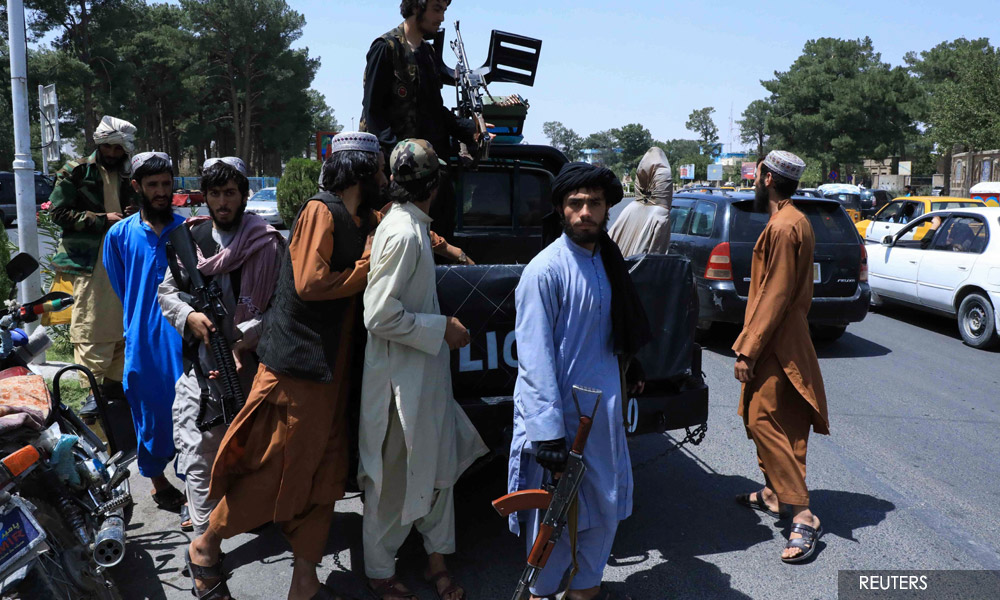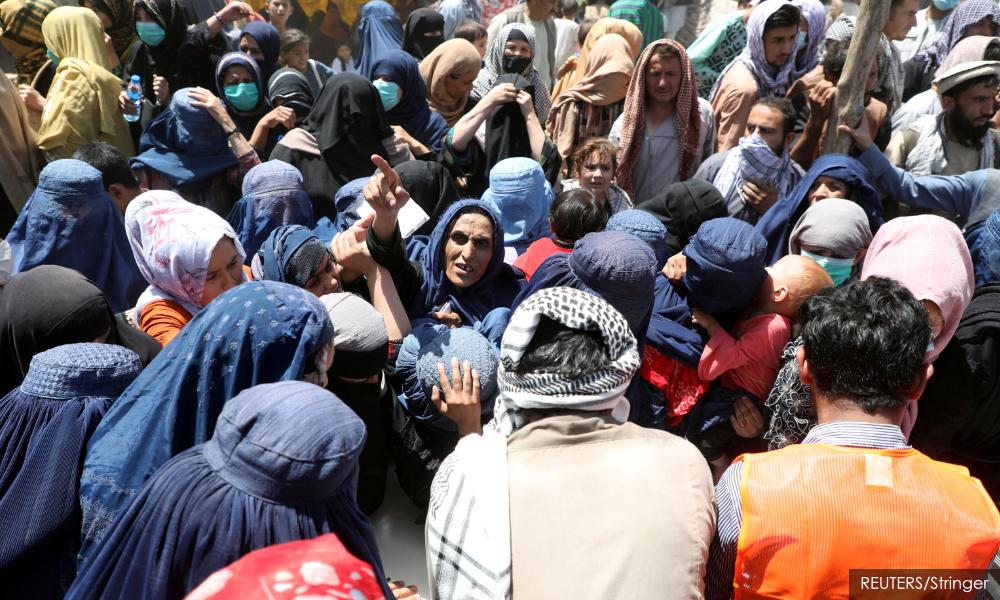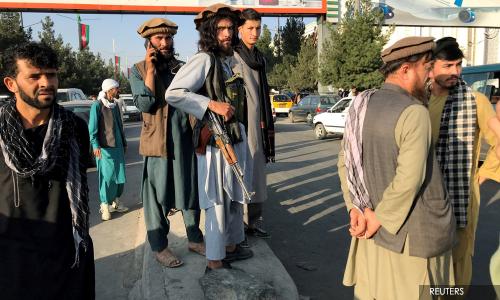LETTER | Taliban now good guys? – a response to Hadi Awang
LETTER | On Aug 25, Harakahdaily, the PAS mouthpiece, carried an editorial in which PAS president Abdul Hadi Awang, stated that the Taliban has changed for the better and we must not believe the negative portrayal of the Taliban by the Western media.
Hadi’s statement has already received extensive coverage in the international press.
This matter is of grave concern as the Malaysian Foreign Ministry has not yet clearly stated Malaysia’s position on the Taliban’s takeover in Afghanistan.
Hadi’s statement impacts how the international community views Malaysia, an exemplary Islamic democratic nation, and our people. It may also encourage the potential resurgence of the Jemaah Islamiyah, ISIS, and Al-Qaeda-affiliated organisations in Southeast Asia.
The reality is that the situation in Afghanistan is delicate and fragile. The Taliban takeover happened in a matter of weeks and a major humanitarian crisis is looming.
Mass exodus, internal displacement, and human rights violations are not Western propaganda but are very much part of the reality in Afghanistan.
Therefore, any statement or argument in support of the Taliban must be made in the context of the political-security situation in Afghanistan and not based on rhetoric.
The Taliban has promised to respect women’s rights and to have an inclusive government. Yet Afghan women are not even allowed to leave their homes at the moment for security reasons. The Taliban has admitted that most of the people are not used to dealing with women; indeed, some have never even talked to women. The Taliban must follow through with its promises as every action will be scrutinised by the international community.
The language used by the Taliban is not of reform and moderating their extreme views but rather an acknowledgement of the mistakes they had made.
The Taliban recognises it needs the support of the international community if it were to govern Afghanistan successfully and develop diplomatic relations with other countries.

The Taliban, however, has an extremely poor track record. As such, it needs to prove its commitment to fulfil the promises it has made.
The examples and events stated in Hadi’s statement about the teachings of Hanafi and other Islamic scholars have no relation to the present context of the Taliban. These examples cannot be used to reflect the Taliban’s behaviour and policies when there have been years of credible reporting from international news outlets, human rights organisations, and NGOs about the Taliban’s criminal actions of human trafficking, sectarian violence, degrading treatment of women and children, widespread torture, and ethnic cleansing.
It is also unacceptable to dismiss the Taliban’s involvement in opioid trading without credible sources. Numerous international news outlets such as the South China Morning Post, the Japan Times, Reuters, and Al Jazeera have published articles on the Taliban opium trade.
According to UN officials, the Taliban is involved in all stages of the opium trade, from poppy planting and opium extraction to collecting “taxes” from cultivators and charging smugglers’ fees.
The UN Office of Drugs and Crime in Kabul has reported that between 2018 and 2019, the Taliban earned over US$400 million from the opium trade and uses these funds to finance its activities. The Taliban has yet to issue any statement refuting these reports.
The Taliban has also made no efforts to convince the international community that it is taking steps to deradicalise itself or dissociate itself from such organisations as ISIS, Al-Qaeda, or the Haqqani network.
Hence, the international community has every right to be suspicious of any claims made by the Taliban that they are moving away from terrorism.

The fall of Kabul is in no way due to the Taliban’s diplomacy and negotiation with the United States. The Taliban would not have been able to capture Kabul if US President Joe Biden had been better prepared to withdraw from Afghanistan.
US strategy in Afghanistan has always been counter-terrorism and security, never nation-building.
When the US decided to evacuate, it created a vacuum that the Afghanistan government was unable to fill, thus allowing the Taliban to advance onto the capital.
All that having been said, the international community must support the people of Afghanistan. The looming humanitarian crisis will involve millions of internally displaced Afghans and millions more fleeing the country.
The future of Afghanistan is in limbo. While the Taliban has vowed to change, it is too early to judge the extent of its commitment. The next few months will be vital in determining whether the Taliban has truly reformed and abandoned its extremist stance.
Meanwhile, we should refrain from making statements that are unfounded in fact.
ABDUL RAZAK AHMAD is founding director of Bait al-Amanah and AMIRUN HAMMAN AZRAM is policy and advocacy associate at Bait Al-Amanah.
Bait al-Aamanah (House of Trust) is an independent research institute which helps improve policy and decision-making processes through sound and multidisciplinary research and analysis. Bait Al Amanah also provides consulting services in political and economic risk, leadership, social development and sustainability, and media, big data, and technology.
The views expressed here are those of the author/contributor and do not necessarily represent the views of Malaysiakini.
RM12.50 / month
- Unlimited access to award-winning journalism
- Comment and share your opinions on all our articles
- Gift interesting stories to your friends
- Tax deductable
